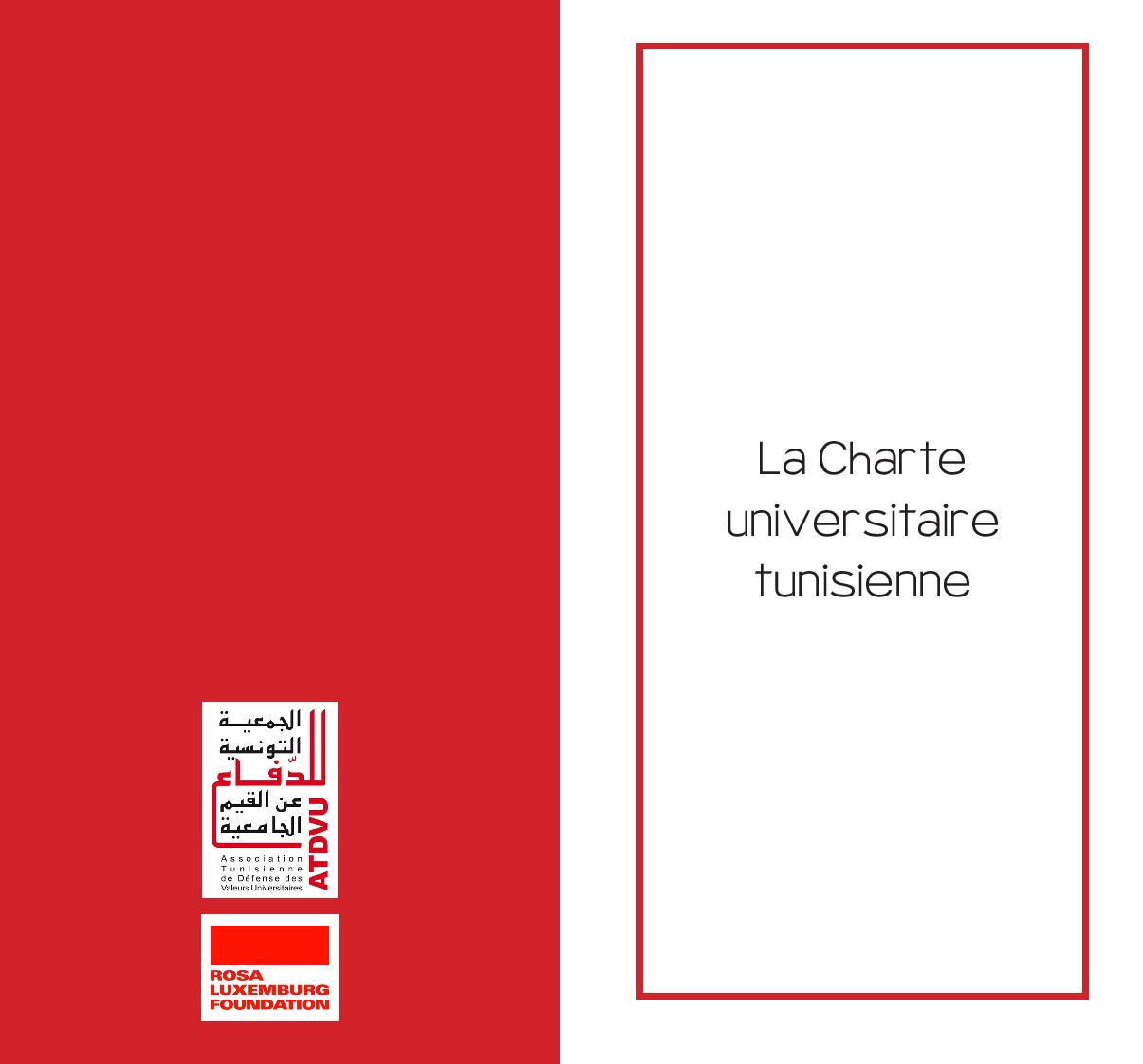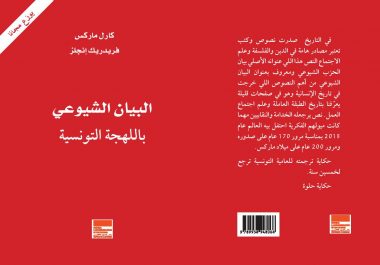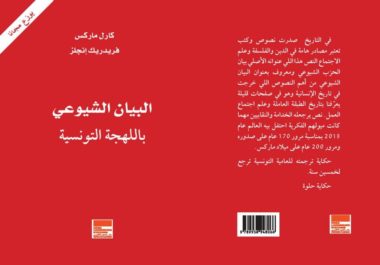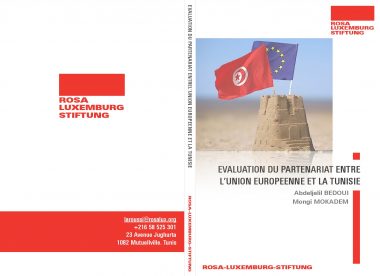Since the fall of the authoritarian regime, the Tunisian University, like the rest of state institutions, is experiencing a remarkable mobility that aims at consolidating and developing its societal roles, since the previous political regimes worked on either limiting its functions or harnessing it over the decades. However, this transition itself is not free of obstacles, especially the occurrence of some radical forces seeking to impose a specific way of thinking on university, and frame it according to their ideological perspectives, making academic institutions conflict fields that witnessed moral and physical violations.
As a reaction to these threats to fundamental principles of Academia, a group of university actors and a number of representatives of the Tunisian Association for the Defence of University Values addressed the issue in order to formulate “The Tunisian University Charter”. Over two years, between 2015 and 2017, and in partnership with the Academic Cooperation Office of the Rosa Luxemburg Foundation, the association organized seminars in Tunis, Sousse and Sfax, along with International symposiums that regrouped different parts and figures representing the academic field.
These efforts resulted in the publication of a 300 pages book entitled “The Academic Freedom and the University Charter in Tunisia and in Other Countries”. Edited by Habib Mallakh, -the head of the Tunisian Association for the Defence of University Values, the book contains papers in both Arabic and French languages that focus on topics related to the experiences of establishing academic freedom, the role of university, the difficulties encountered during the periods of the democratic transition, and discussions of the importance and necessity of developing a university charter.
The most important goal was achieved on 15 Mai 2017 with the emission and signing of “The Tunisian University Charter” in a festive meeting attended by representatives of universities, symbolic figures, artists and civil society activists. The Rosa Luxemburg Foundation printed limited numbers of the 61 pages charter, which includes an introduction prepared by Habib Mallakh, the text of the charter in 20 pages, and an appendix detailing the steps that led to the birth of this initiative, explaining the stages of participatory work in the writing of the charter and the motives of its formulating with.
In addition to the preamble, the charter itself comprises two sections: the first one bears the title “In the Meaning of Academic Freedom, University Independence and its Governance”, the second section is entitled “In the Meaning of Responsibility and duties of the profession and its ethics”. Both sections contain detailed definitions of the previous concepts, explaining their meanings and scientific effects in accordance with the international and national codes, through comparative perspective.
By making the charter available to the public, we hope to disseminate it to the widest extent, in order to get concerned people signing and adopting it, and to reach the interested persons in Tunisia and abroad to further highlight the importance of its existence in the University life in terms of ensuring its independence towards political systems and its immunity against ideological exploitation, determining the rights and duties of the involved parts, and benefiting from the experience of formulating the charter.




